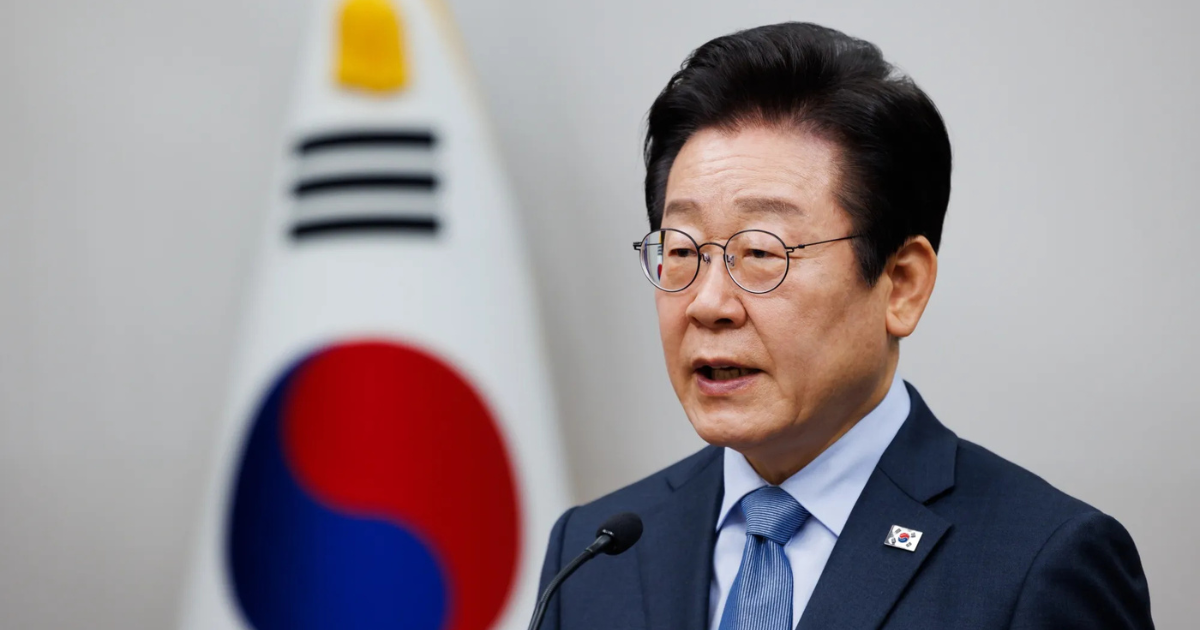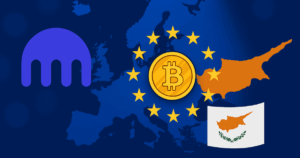Supporting a Won-backed stablecoin has become a major policy idea promoted by Lee Jae-myung, South Korea’s Democratic Party leader and leading candidate for president. He wants to reduce money leaving the country and increase its financial independence.
These comments are made as worries increase about crypto outflows totaling 56.8 trillion won ($40.8 billion) by South Korean crypto exchanges between January and March this year. 48 percent of that total were foreign stablecoins.
Key-Takeaways:
- Lee Jae-myung’s plan for Won-backed stablecoins is meant to help stop capital from leaving the country and strengthen the nation’s finances. It disputes the current rules and helps digital asset integration become broader.
- Although politicians agree, economists emphasize that printing money can result in a bigger money supply and less government control, asking for additional control.
Lee’s Picture for a Won-Backed Stablecoin System
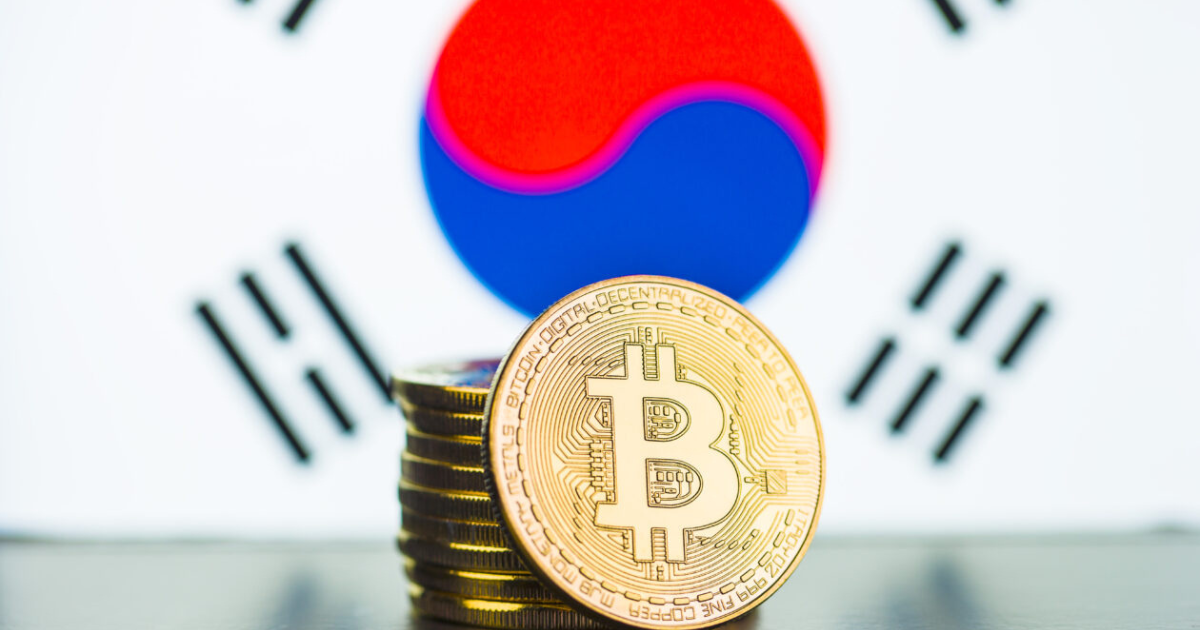
The proposal for Won-backed stablecoins goes against the current rules in South Korea that outlaw issuing stablecoins inside the country. As a result, local exchange services rely on stablecoins such as USDT and USDC that use the US dollar as their basis.
Lee points out that a Won-backed stablecoin would help keep the nation’s wealth and reduce its use of foreign digital money.
According to Lee, building a stablecoin market with Won as the base will help prevent our money from escaping the nation.
He pointed out that the purpose of the stablecoin is to secure the nation’s economy by preventing assets from exiting the country, which otherwise lowers reliance on outside currency.
The Won-backed stablecoin would be tightly regulated under the proposed Digital Asset Basic Act. Issuers must hold reserves of at least 50 billion won and get approval from the Financial Services Commission.
These rules aim to ensure stability and security, especially after the 2022 collapse of TerraUSD, a project linked to South Korea.
The Won-backed stablecoin is included in Lee’s broader plans for digital assets. The plan backs the idea of allowing spot crypto ETFs and letting the National Pension Fund invest once the market is more stable.
On May 13, the Democratic Party announced additional signs of backing for the initiative. Establishing a Digital Asset Committee to form crypto policies as well as deal with rules covered by regulators.
The new regulations make it obvious that South Korea is actively moving to add digital assets to its financial system. A major priority is to ensure both new technologies and security for the nation’s economy.
The Digital Asset Basic Act, to be introduced by the Democratic Party, will establish regulations for the Won-backed stablecoin and all other digital assets. This action signals big progress in structuring the country’s cryptocurrency industry.
The law will determine how cryptocurrencies are treated legally and what rules cover their issue, use and listing. There are certain standards for the Won-backed stablecoin that require it to keep needed reserves and fulfill regulatory requirements.
Neither candidate opposes crypto-friendly legislation. It shows how digital assets are gaining more influence in South Korea’s political system.
Because Won-backed stablecoin is popular among 15 million users, many of them youthful and tech-minded, it is now a key discussion in the election. It represents the way priorities change among voters as well as candidates.
What Economists and Healthcare Experts Are Saying
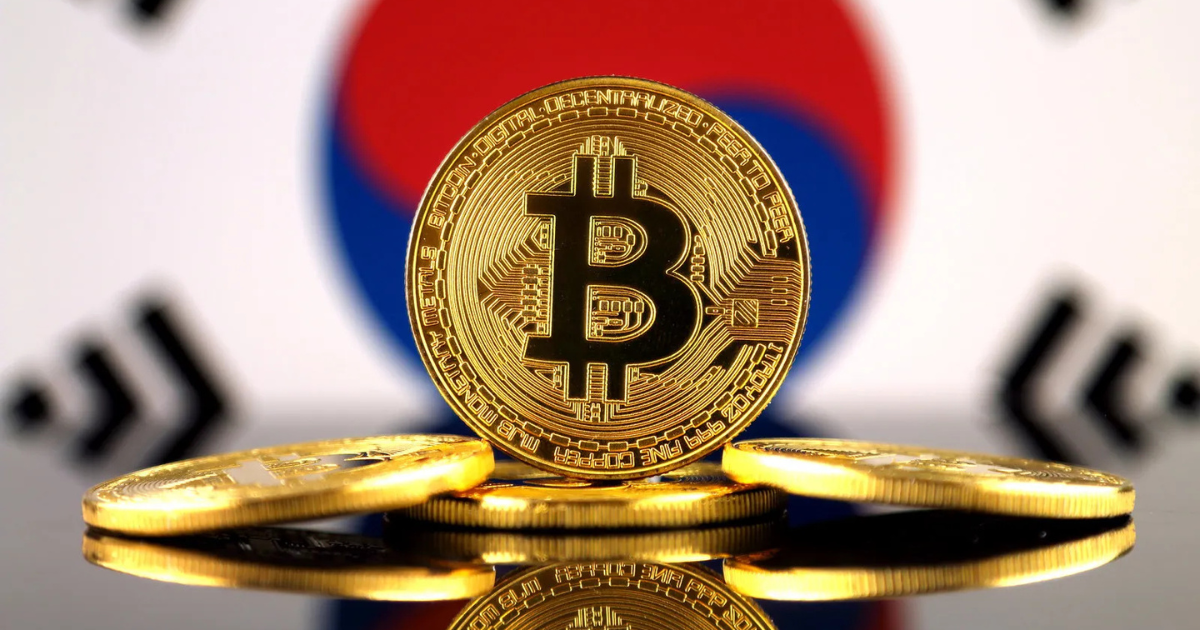
Strong support from the government has not prevented economists from criticizing the Won-backed stablecoin. Some experts have issued warnings about the possible impact on South Korea’s financial system.
Shin Bo-sung noticed that it might cause an expansion in the amount of money available. He said the system could lose the government’s control over money and give it to private organizations instead.
“We should not forget that economic factors contribute to their development.” In Shin’s opinion, stablecoins in practice work like money creation in banks, but with something out of nothing.
Reserve rules will not solve all the concerns, since experts mention possible failures when making redemptions and issues with loan repayments. Such problems can negatively impact the financial situation for everyone.
Managing the release of a Won-backed stablecoin calls for both philosophy and strict rules.
According to Lee, cryptocurrency should be closely monitored and protected for people who use it. The method is intended to prevent the problems seen with previous global stablecoins.
Lee suggests increasing the use of the Won-backed stablecoin by setting up an overall monitoring system and keeping transaction fees low. People would find it simpler to use crypto, even though authorities would still keep watch over its activities.
The idea behind the stablecoin is to unite old and new types of finance. Should things work out, South Korea could become a front-runner in crypto growth.
Regulators must clear up uncertainty about the Won-backed stablecoin and other digital assets, according to the Digital Asset Committee of the Democratic Party.
It adds to previous projects like the Virtual Asset Committee, which began in 2024, and a public-private crypto task force created by the Financial Services Commission in 2022.
Conclusion
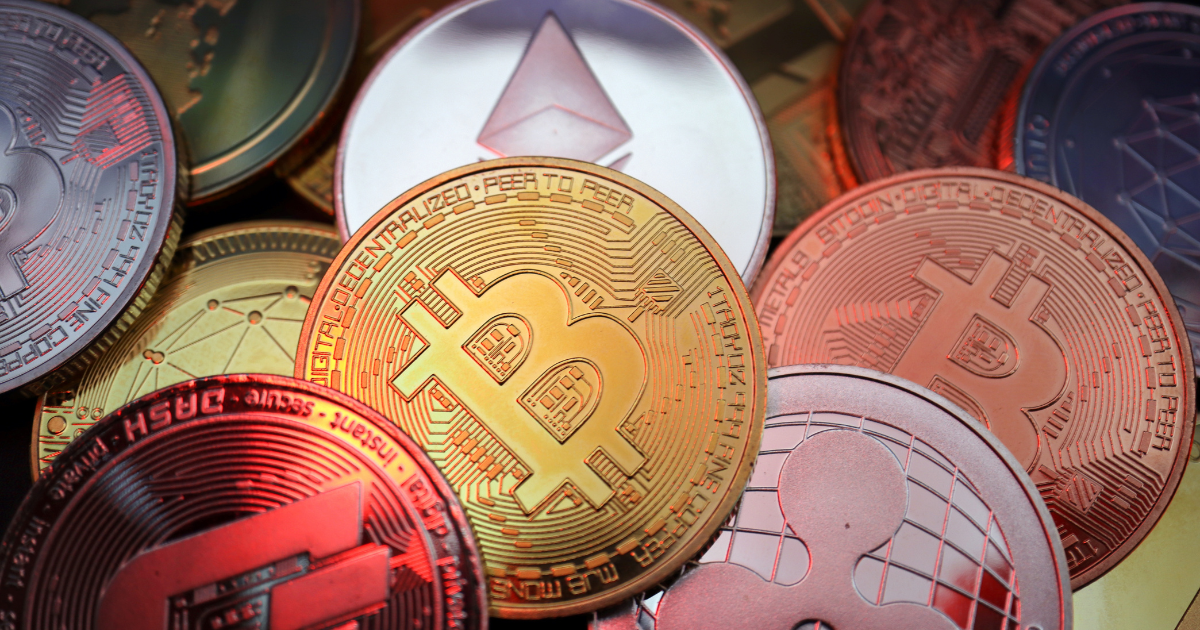
A Won-Backed Stablecoin is being introduced as a key step in South Korea aiming for self-sufficient digital financial growth, as Lee Jae-myung explains it will benefit the country’s economic future and security in the digital economy.





